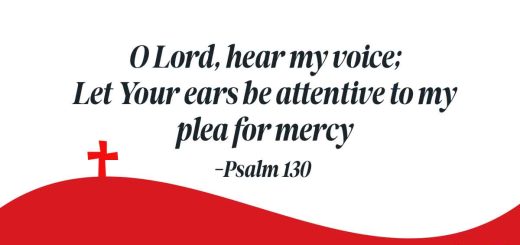Thoughts On SA’s School Sexuality Curriculum

Marie-Anne Te Brake, Foundation for the Person & Family – Having been involved in sex education for the past 25 years in both Catholic and secular schools, I would like to comment on the latest developments.
Firstly, while the curriculum lacks a lot, in and of itself it is no worse than any other secular curriculum I’ve seen. There are no explicit images in the student workbooks, however, the educator’s manual leaves suggestions of such, at the teacher’s discretion, to illustrate some of the topics.
Your November 27 report quotes “education experts” urging caution in responding to the curriculum. In my experience, education experts are, with all respect, not always in tune with sexuality education “experts”. Being an educator does not automatically mean you are able or willing to teach sexuality.
I believe this area of “expertise” is a calling more than a training. Our sexuality is the deepest, most integral part of us as human beings. Most of our behaviour comes from who we are as male or female, so it impacts most of our thoughts, choices, actions and decisions.
As a counsellor, I have discovered that many of us are broken or hurt in some area of our sexuality, and if this has not been worked through, talking about certain aspects can be traumatic and detrimental to both the person teaching it and the learner being taught.
I question how effective the “training for educators” for this curriculum will be. The scripted plans to empower teachers to discuss topics they might otherwise be uncomfortable with are not all that is required to enable them to talk about issues from which they have suffered pain, hurt and trauma.
I question how curriculum areas that are clearly and decisively not Catholic teaching will be handled by teachers in Catholic schools.
The Parts that Aren’t Catholic
Examples of such disparity are the sections on “sexual partners” (plural and no talk on marriage), contraception (yet nothing about the widely documented negative impact of hormonal and chemical methods), masturbation, media and other influences, yet nothing about pornography, in the Grade 8-12 levels of the curriculum.
Abortion and its negative impact on the person is not mentioned anywhere. The impact of digital pornography on the brain (the subject of neuroscience for the past few years, with alarming findings) is nowhere in the curriculum.
Another worrying aspect is how the programme talks about human sexuality as “part of our biology”.
While seemingly harmless, this idea of our sexuality being “tacked on” is wildly at odds with our understanding of the human person.
Our sexuality, our body as male and female, is an integral part of us. Think about it, human being means body and spirit! Without this lens, much of the understanding and acceptance of who we are, who God is, and what Jesus did for us, is at risk of being rendered incoherent.
Catholic teaching has a rich anthropology that is not tapped into, and without which sex education is mere biology.
I believe this curriculum does not give all the information and thus withholds the truth and authenticity on the moral, emotional, physical and spiritual consequences of teen sexual activity, particularly its premise that “it is natural to have sexual relationships” (Lesson 10.6 Grade 10), with no explanation on the when, how and what to do about this natural inclination.
In conclusion, a footnote to parents: Pope John Paul II cites in his apostolic exhortation Familiaris Consortio: “Sex education is a basic right and duty of parents which must always be carried out under their attentive guidance, whether at home or in educational centres chosen and controlled by them.”
- Flabbergasted by a devout Holy Mass - January 30, 2024
- The Language of the Heart - August 8, 2023
- Let’s Discuss Our Church’s Bible Past - July 12, 2023




